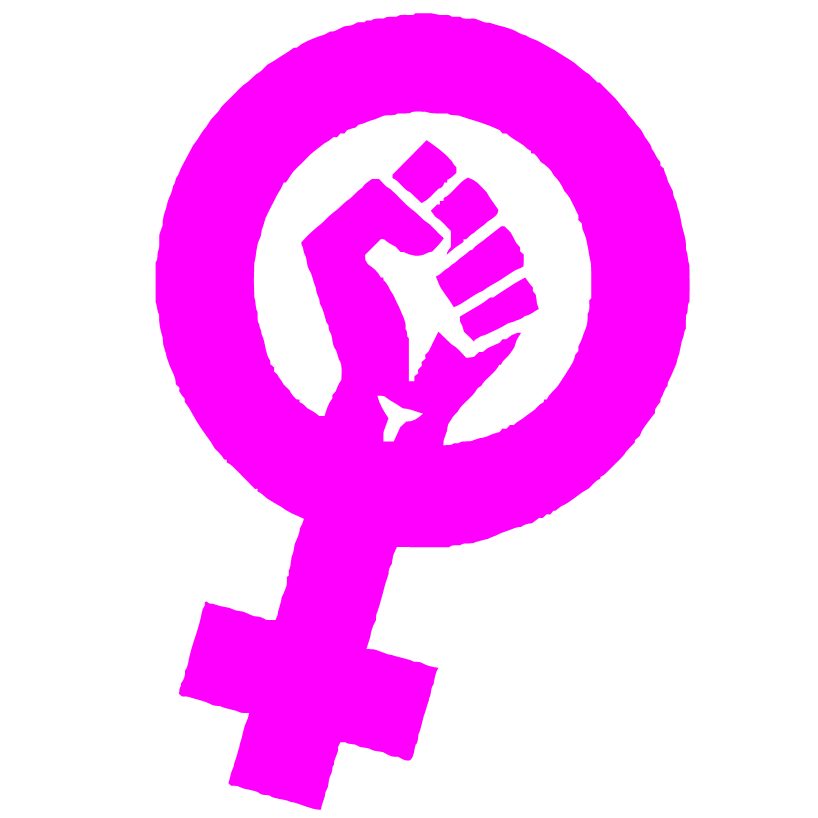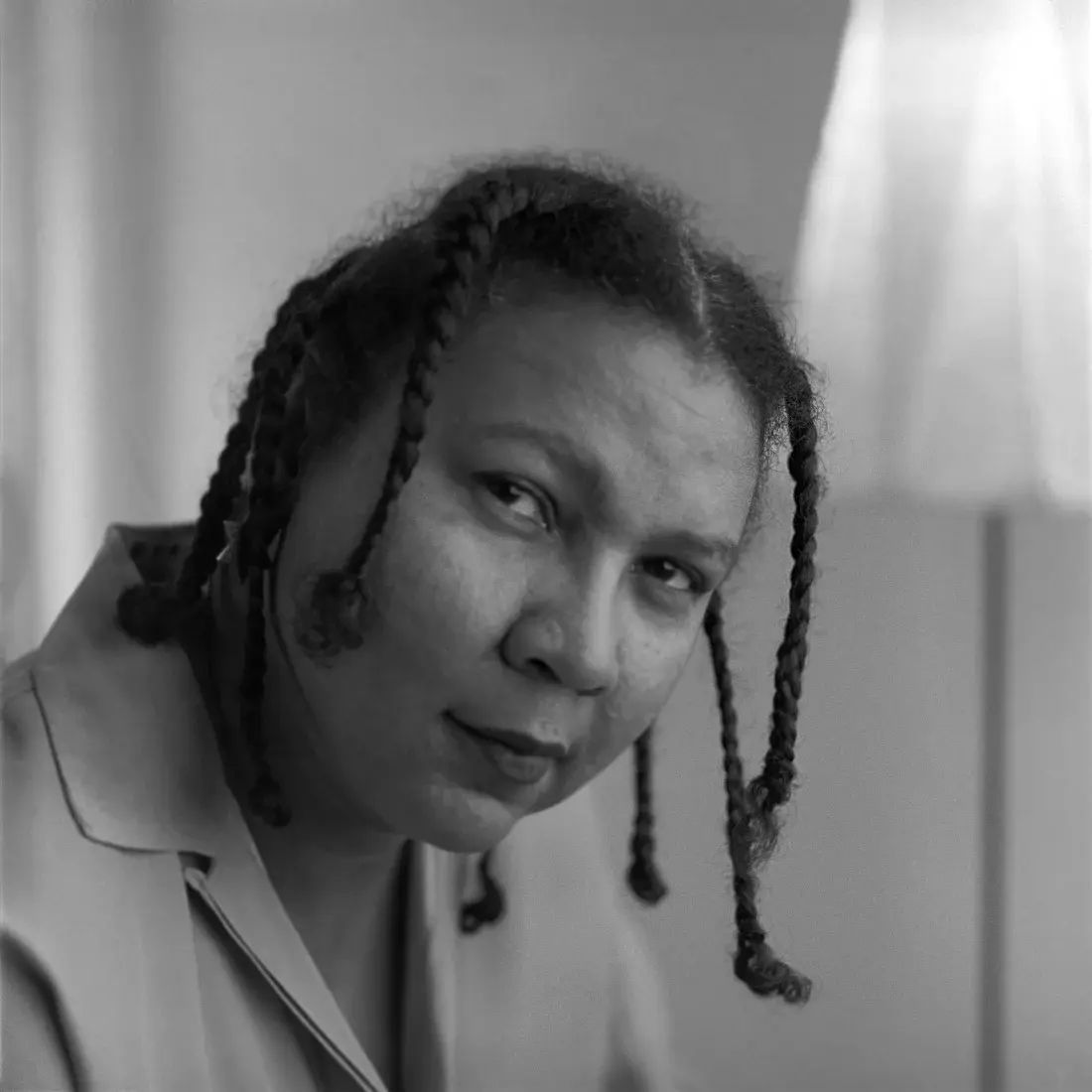this post was submitted on 27 Nov 2024
102 points (98.1% liked)
menby
8062 readers
1 users here now
A space for masculine folks to talk about living under patriarchy.
Detoxing masculinity since 1990!
You don’t get points for feminism, feminism is expected.
Guidelines:
- Questions over blame
- Humility over pride
- Wisdom over dogma
- Actions over image
Rules (expansions on the guidelines):
- Mistakes should be learning experiences when possible.
- Do not attack comrades displaying vulnerability for what they acknowledge are mistakes.
- If you see good-faith behavior that's toxic, do your best to explain why it's toxic.
- If you don't have the energy to engage, report and move on.
- This includes past mistakes. If you've overcome extreme reactionary behavior, we'd love to know how.
- A widened range of acceptable discussion means a greater need for sensitivity and patience for your comrades.
- Examples:
- "This is reactionary. Here's why."
- "I know that {reality}, but I feel like {toxicity}"
- "I don't understand why this is reactionary, but it feels like it {spoilered details}"
- You are not entitled to the emotional labor of others.
- Constantly info-dumping and letting us sort through your psyche is not healthy for any of us.
- If you feel a criticism of you is unfair, do not lash out.
- If you can't engage self-critically, delete your post.
- If you don't know how to phrase why it's unfair, say so.
- No singular masculine ideal.
- This includes promoting gender-neutral traits like "courage" or "integrity" as "manly".
- Suggestions for an individual to replace a toxic ideal is fine.
- Don't reinforce the idea the fulfillment requires masculinity.
- This also includes tendency struggle-sessions.
- No lifestyle content.
- Post the picture of your new grill in !food (feminine people like grills too smh my head).
- Post the picture of the fish you caught in !sports (feminine people like fish too smdh my damn head).
- At best, stuff like this is off-topic. At worst, it's reinforcing genders norms..
- If you're not trying to be seen as masculine for your lifestyle content, it's irrelevant to this comm. If you are trying to be seen as masculine, let's have a discussion about why these things are seen as masculine.
Resources:
*The Will to Change: Men, Masculinity, and Love by Bell Hooks
founded 4 years ago
MODERATORS
you are viewing a single comment's thread
view the rest of the comments
view the rest of the comments


I started with the TT version for the preface and then switched to the other one. I like both though.
I've listened up to the third chapter now and love the book so far. I won't discuss points from later chapters in this post.
I think what hooks does really well is uniquely presenting important feminist theory in a way, that makes the facts about hard truths and complex power structures, that she hits us with, both easy to grasp and easy to accept. She accomplishes this effect by distilling years of experience from working closely with men in lectures and seminars into carefully choosen anecdotes, each designed to awaken your empathy and immediately open your eyes to a reality larger than the particular incident mentioned. This makes for an exciting and easy to follow style, while simultaneously creating the "will to change" in the reader.
Often these anecdotes describe what Paulo Freire in the Pedagogy of the Oppressed might call limit-situations, situations in which we encounter limits to our freedom, which are dialectically accompanied by the possibility for limit-acts: going beyond our former limitations. In this way, hooks applies a tried and true pedagogy to a difficult subject. Her goal is not to impress or intimidate her audience with her deep knowledge, though she doubtlessly could, but to help them change them for the better. She offers us the opportunity to empathically follow along with these limit-situations in order to learn from them and translate them into action (limit-acts) in our own lives. The subject of this book is the reader more than the theory, because it is meant to affect change in them.
That's why this book seems "entry level" and easy. Not because the subject matter is generally agreeable among a leftist cis male audience, but because her pedagogy is just that good. Writing low-threshold is actually not easy.
I often myself found thinking about my own live, my own childhood. What were the moments in which I learned patriarchy? Where did I first run against a wall of expectations? Was it at home? In school? How did I react? What believes did I form and which behavioral patterns? Do I still hold on to some of them?
I've been a feminist and known about patriarchy for a long time yet I've recently been struggling to stay soft and in touch with my emotions in stressful situations or when it comes to heavy topics. I'm excited about the opportunity to unlearn some toxic assumptions. And I hope, that engaging with the book might help me to engage with my own past and maybe heal some inevitable emotional scars from growing up in a patriarchal society.
I too share the same hopes with this book, the way she speaks about men suppressing their own feelings to fit the image of patriarchy resonates with societal ideals of attractiveness. I think on the base level, what would get men to change would be “love” or (acceptance?) of this vulnerability.